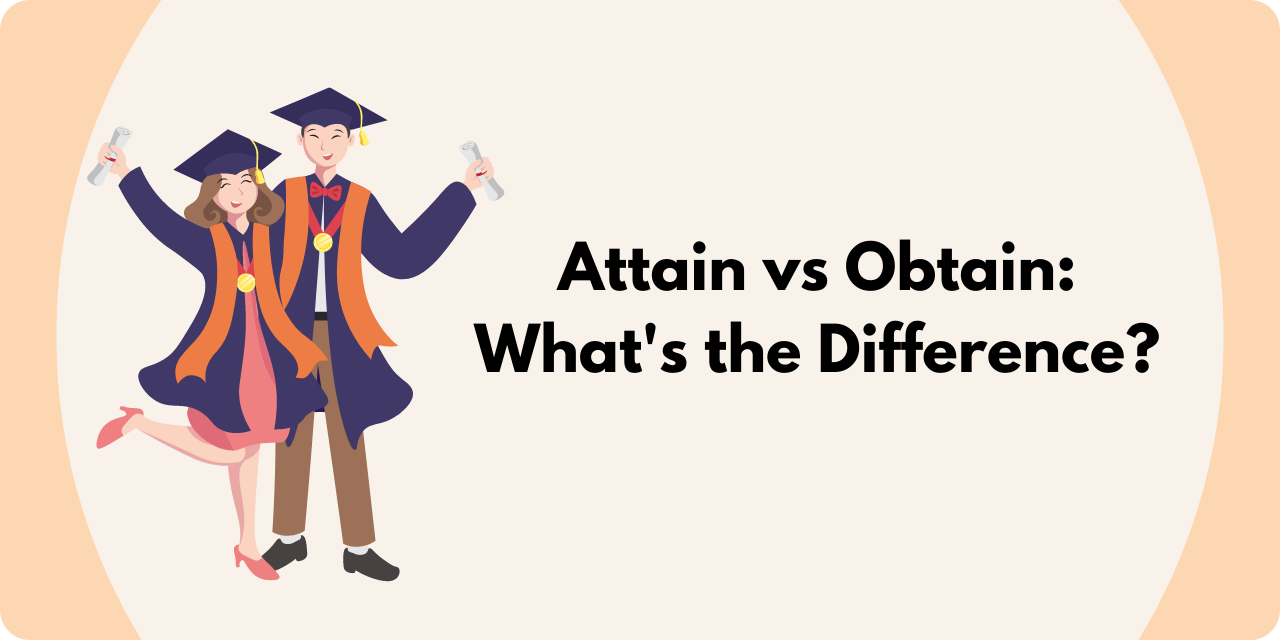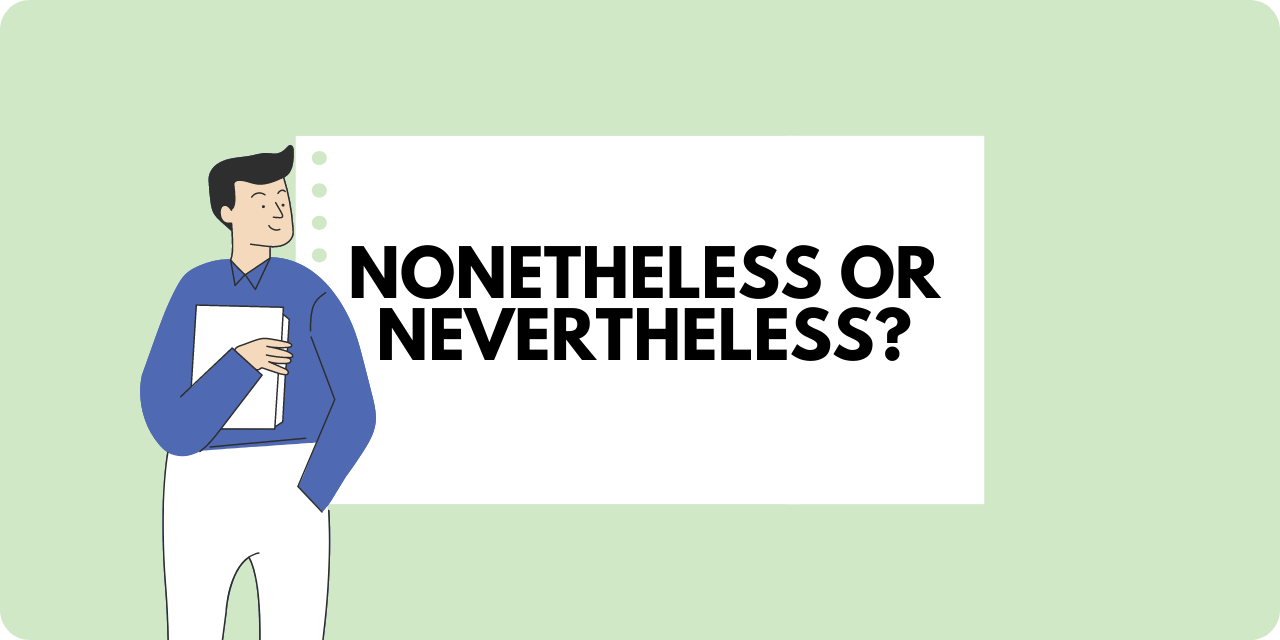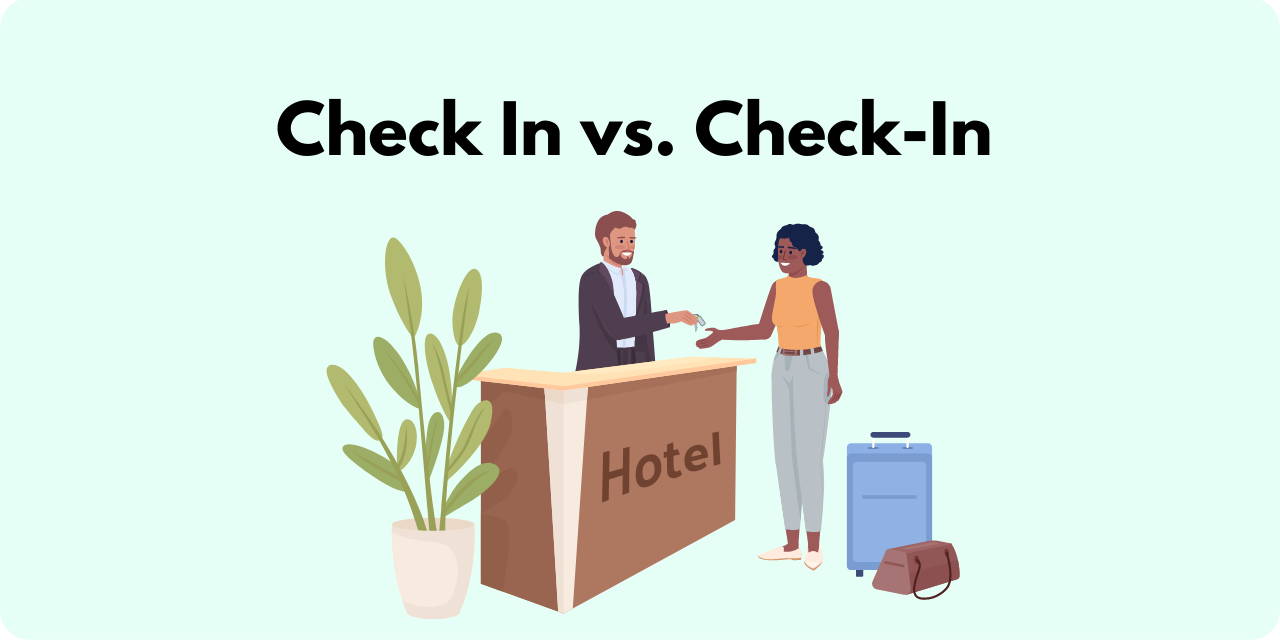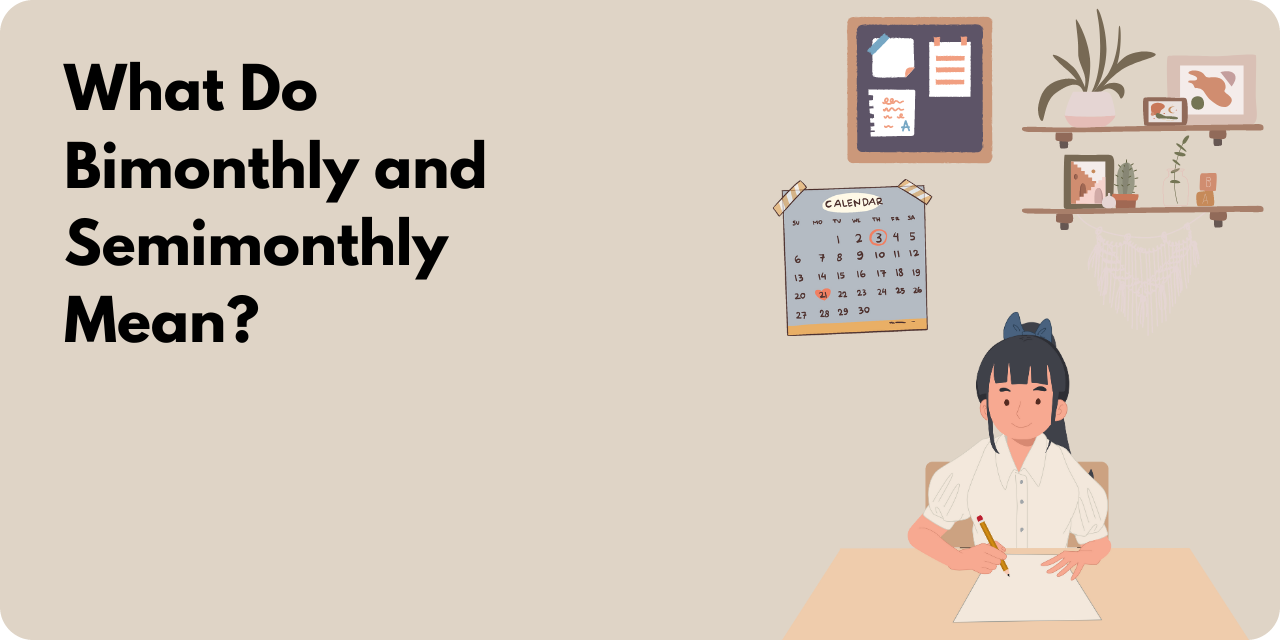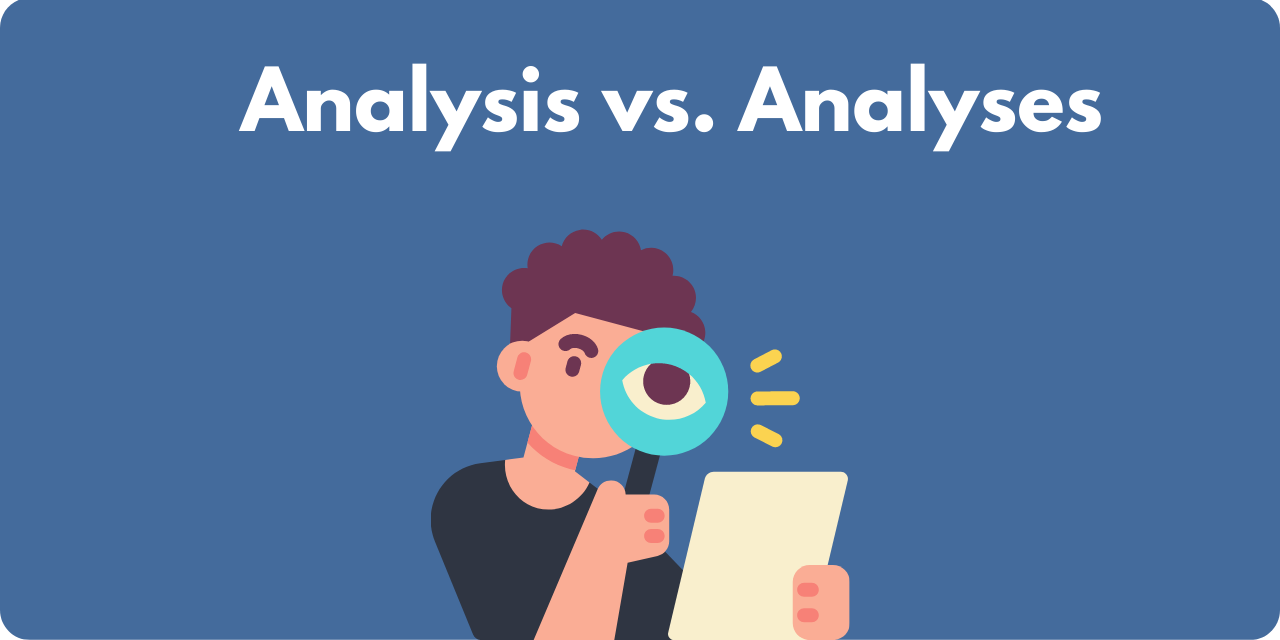Sometimes words sound similar even though they have very different meanings. Tragedy and travesty are great examples. Sometimes people use the word travesty, but they really mean tragedy. It’s rare to make this mistake the other way around.
Why do these words get confused? Besides sounding the same, they also both have negative meanings. They are used to describe bad or disheartening situations.
In addition, both words are historically related to plays. Tragedy originally meant a play with an unhappy ending. Travesty was first used to describe a play that makes fun of a particular work or type of play.
These words are used in other contexts now. For example, a tragedy refers to a negative occurrence, and a travesty refers to making a mockery of something.
A common expression with these words is to say something is a “travesty of justice.” This means that something is so bad that it seems like a parody of justice. This same occurrence may also be a tragedy. For example, if a trial leads to the imprisonment of an innocent person, it may be referred to as both a travesty of justice and a tragedy.
However, if your team loses a game, it may seem like a tragedy. But if everyone played according to the rules, it can not be considered a travesty.
Natural disasters, such as earthquakes and hurricanes, are tragedies, but not travesties.
On the other hand, mocking someone may be a travesty but not a tragedy.
Hopefully, this clears up any confusion you had about when to use travesty and tragedy!

